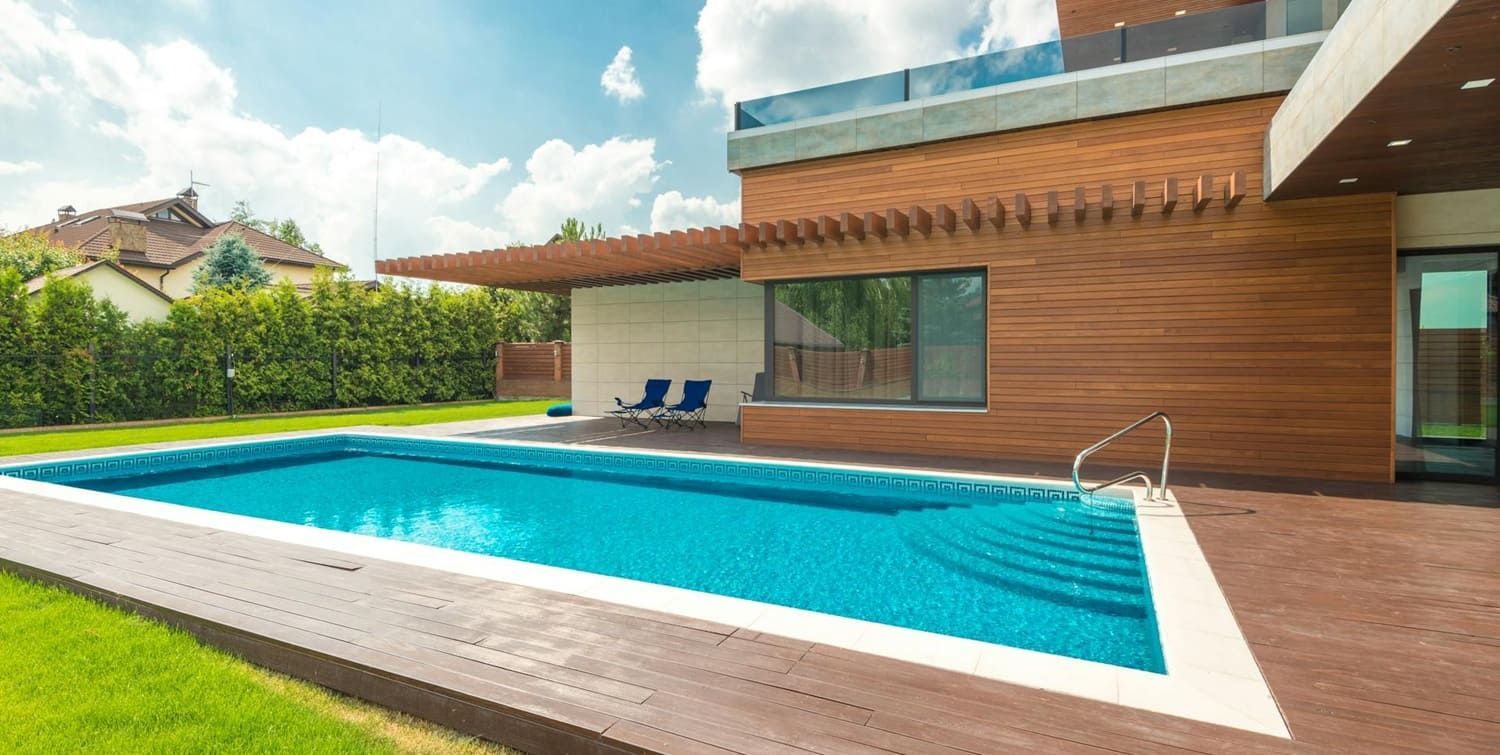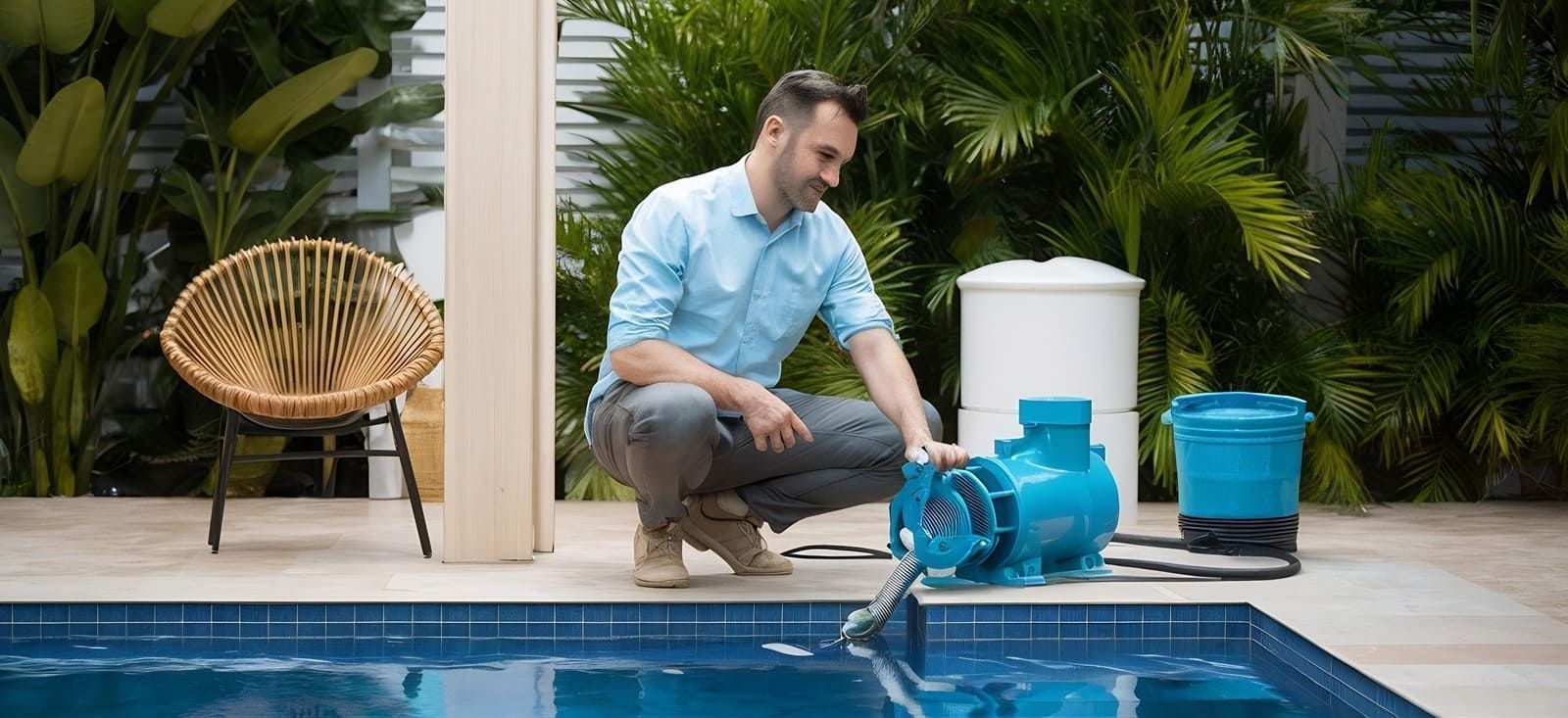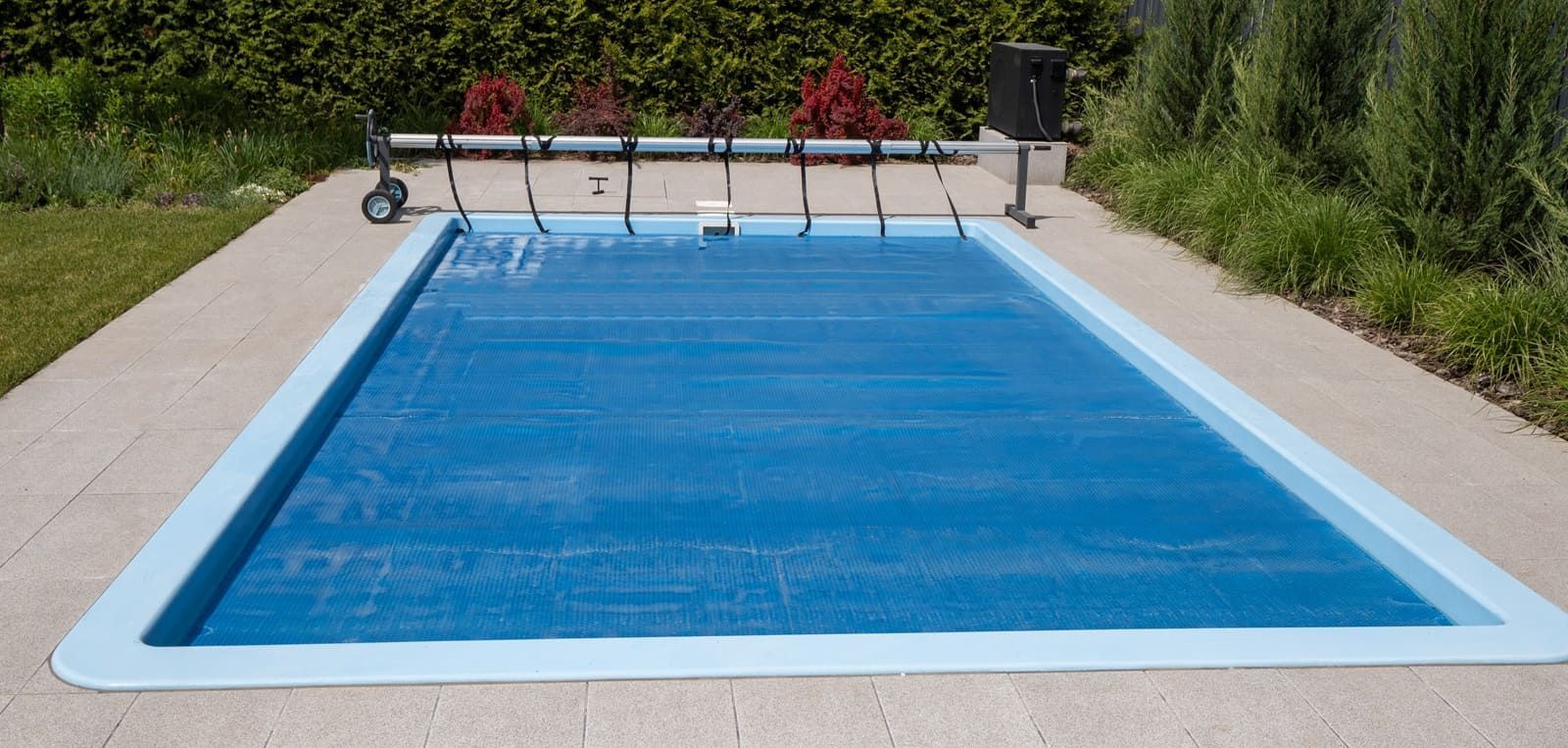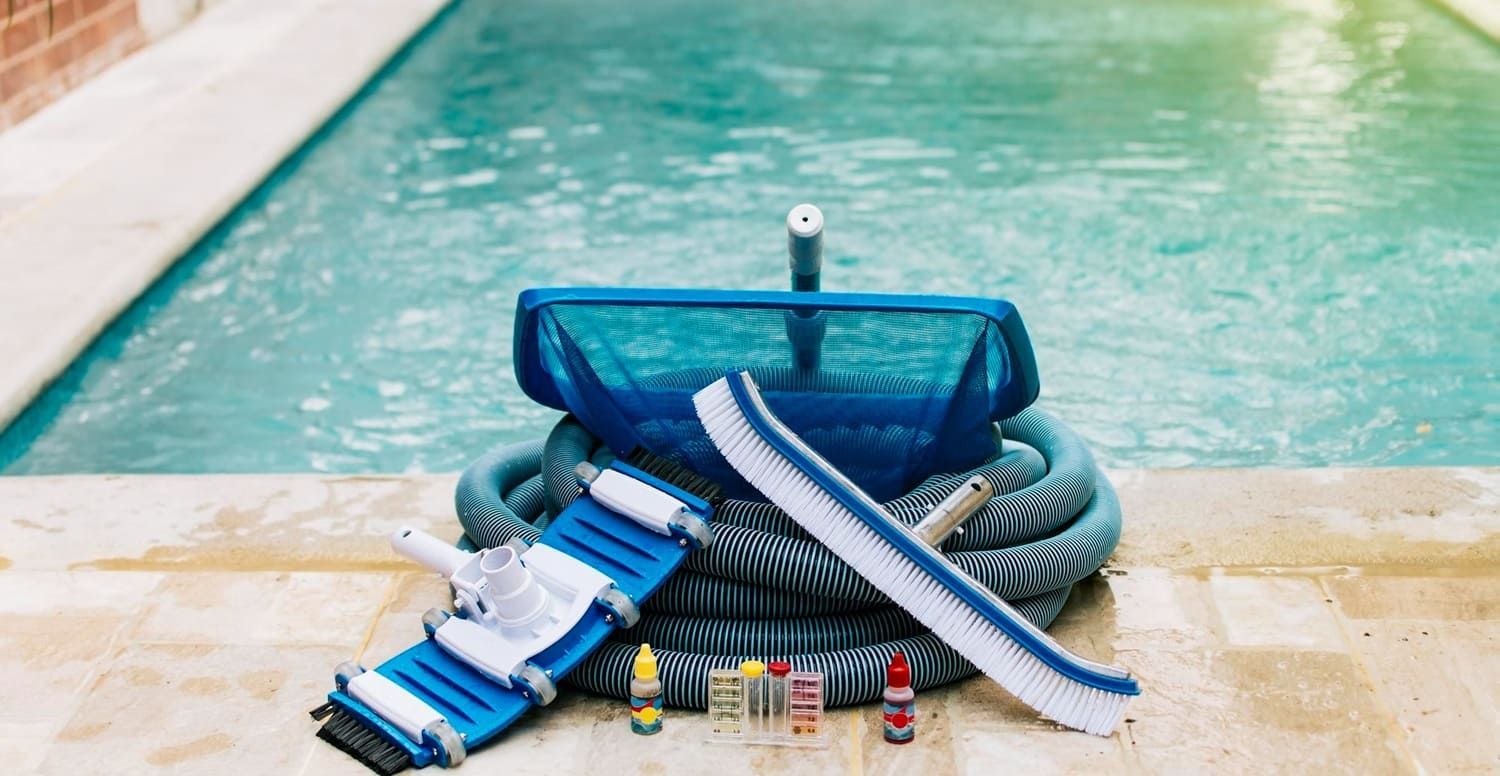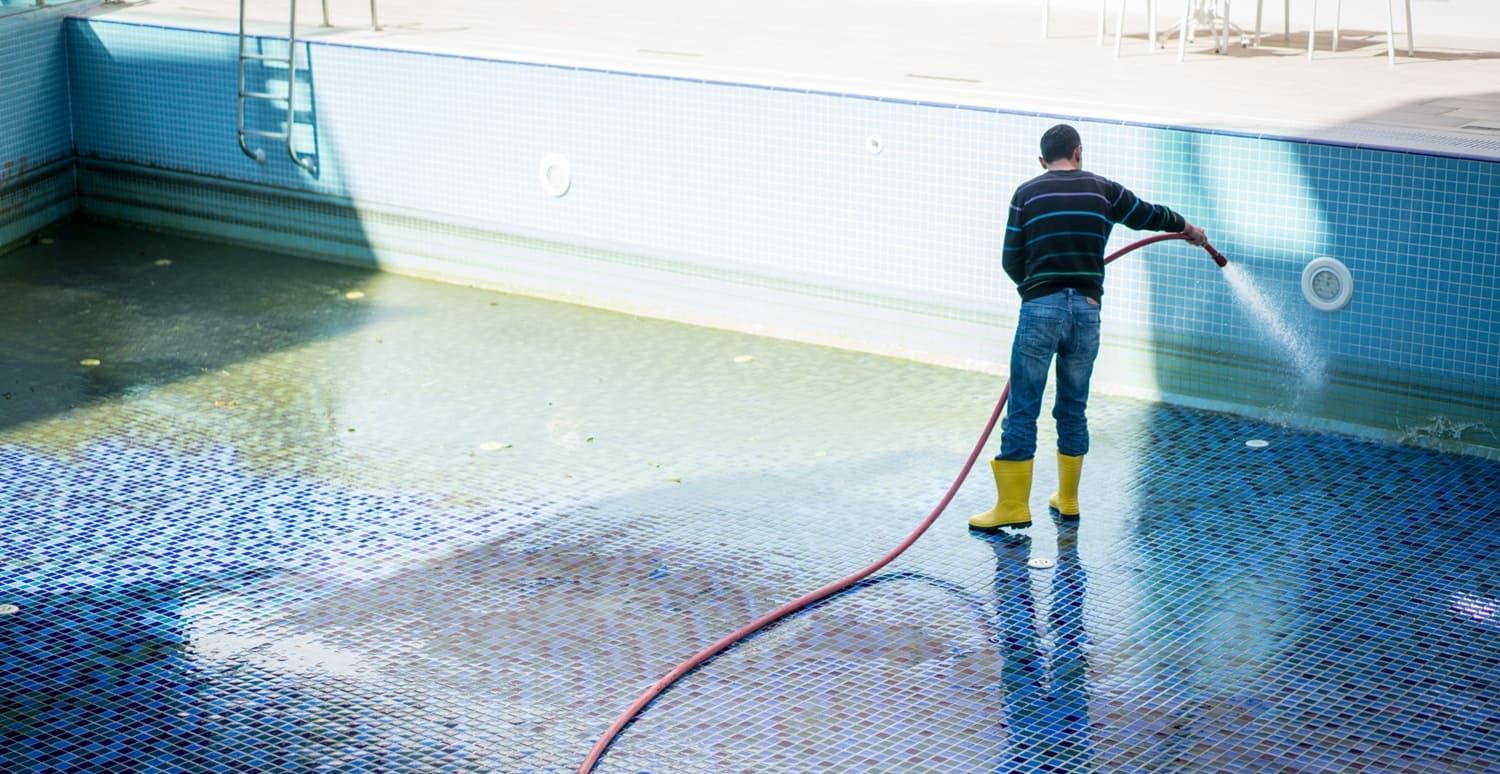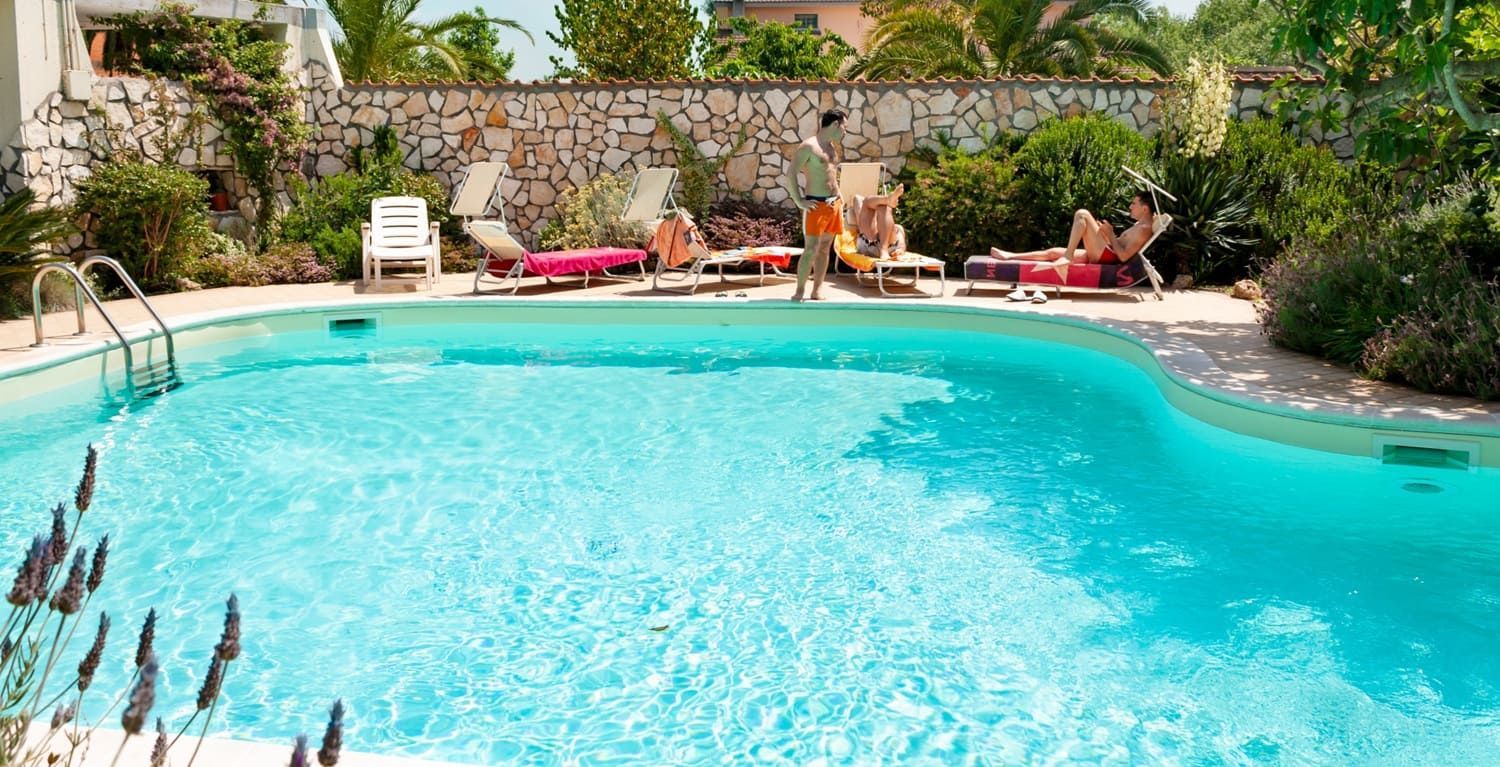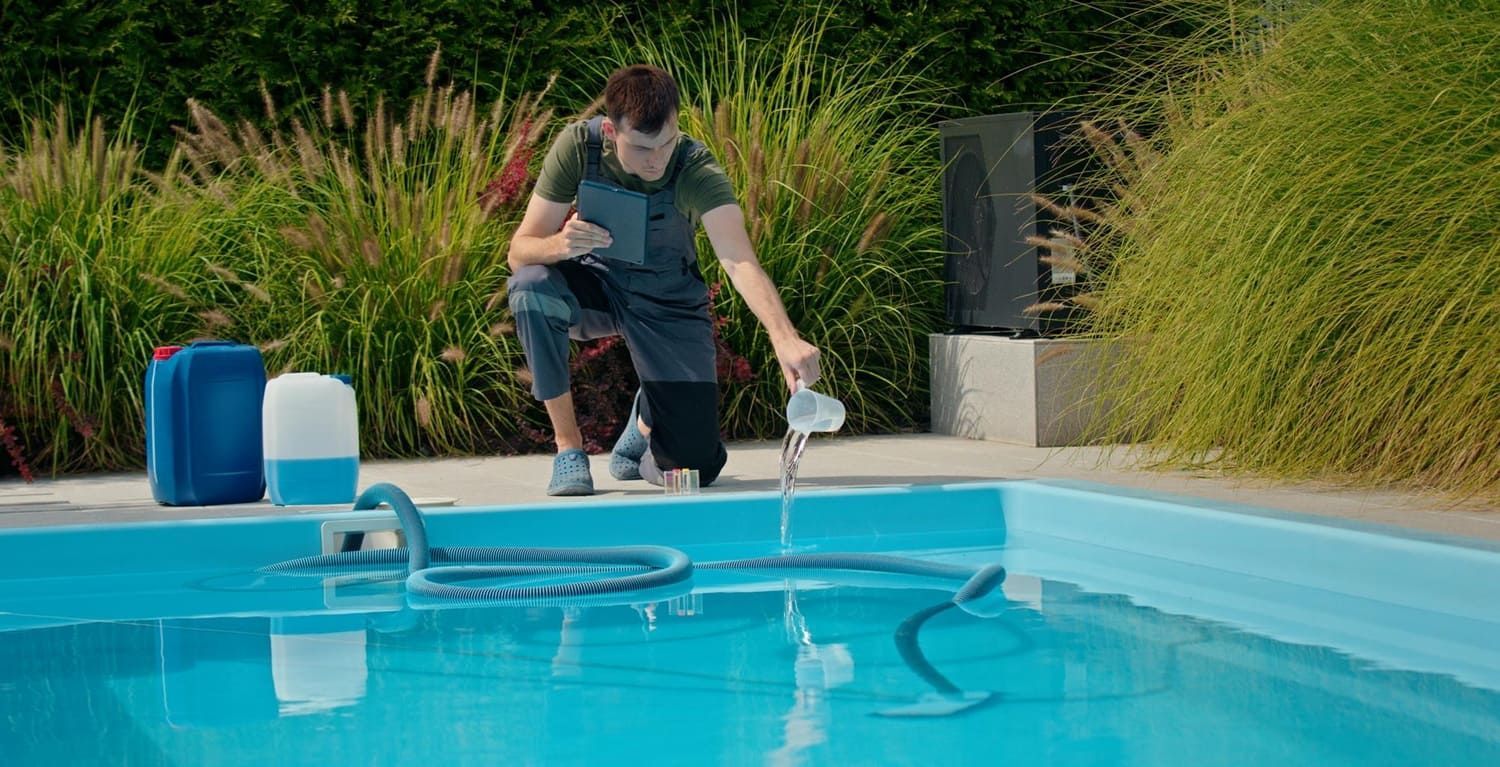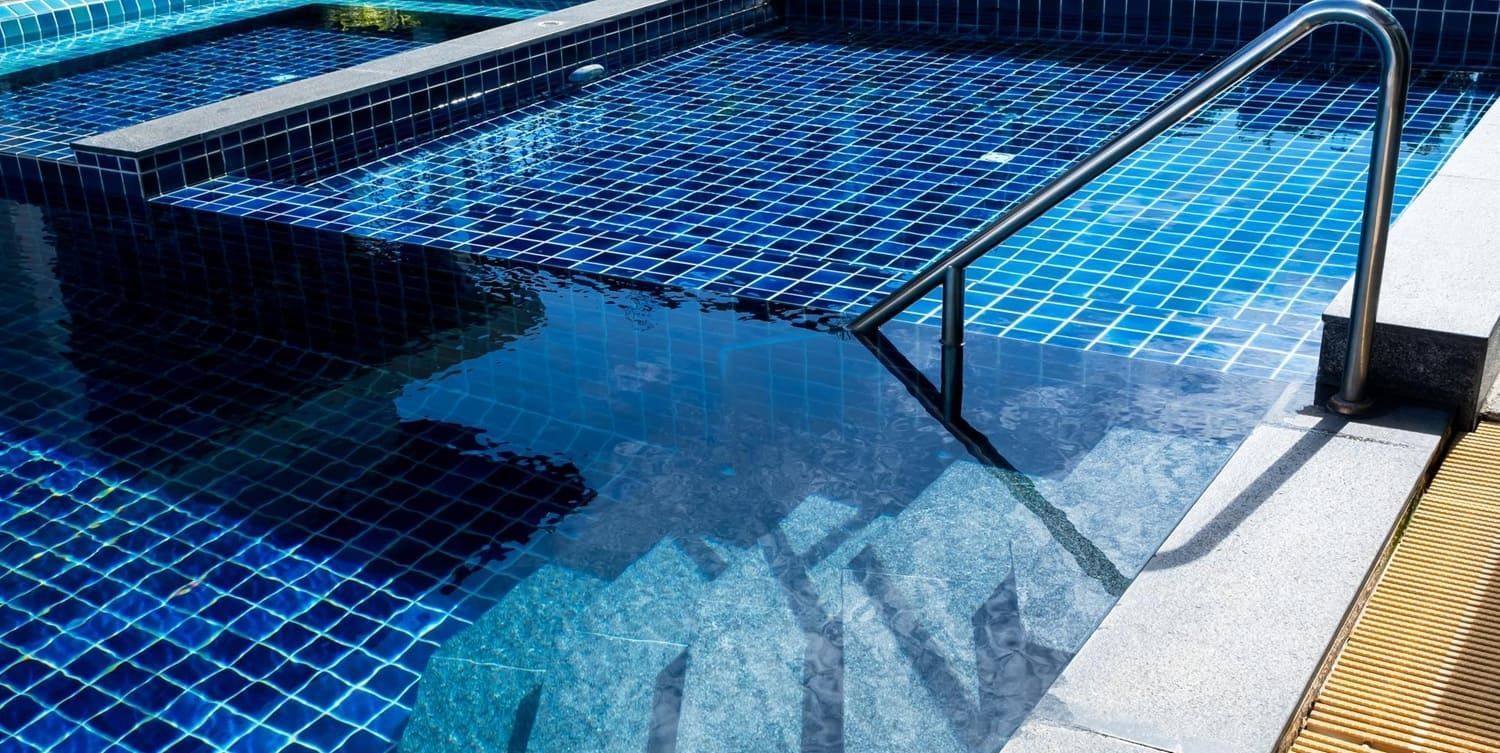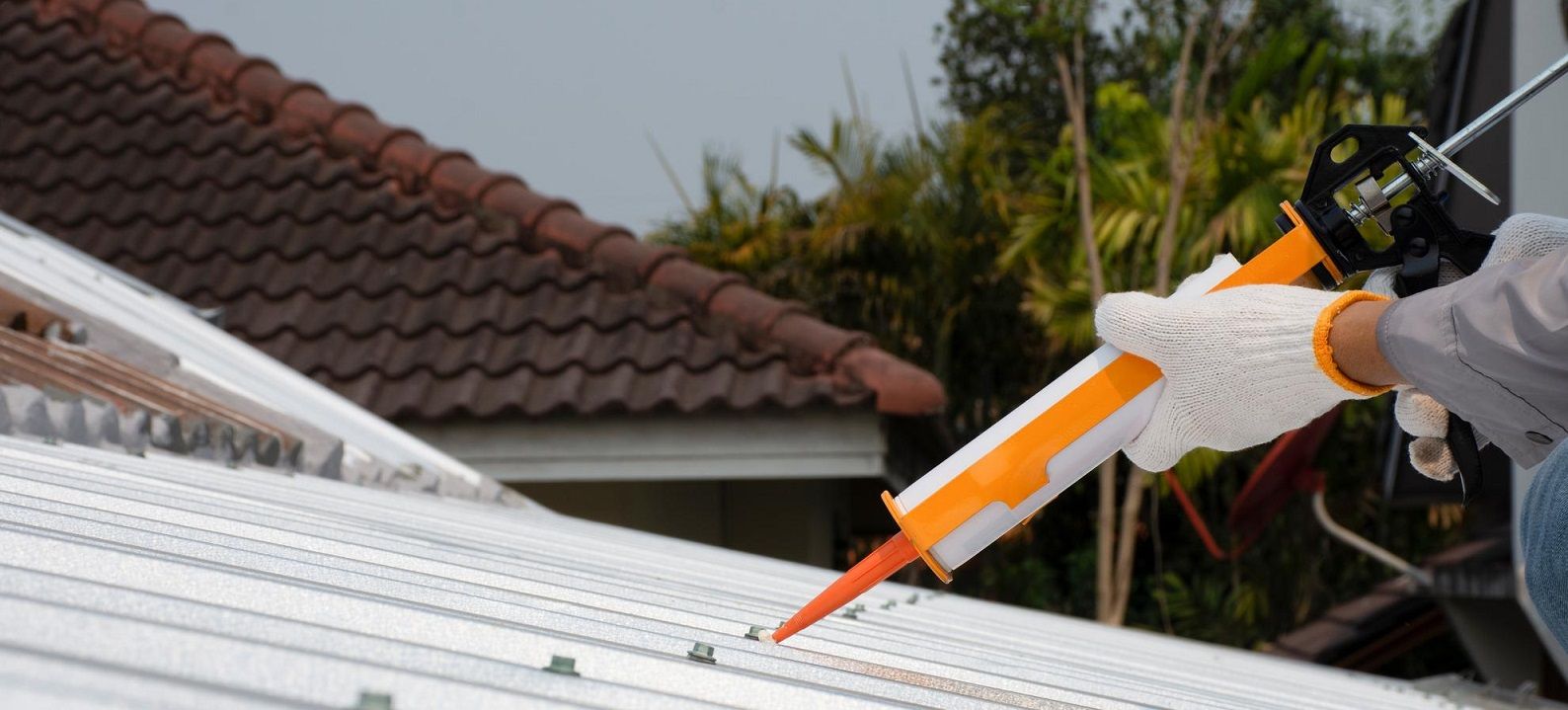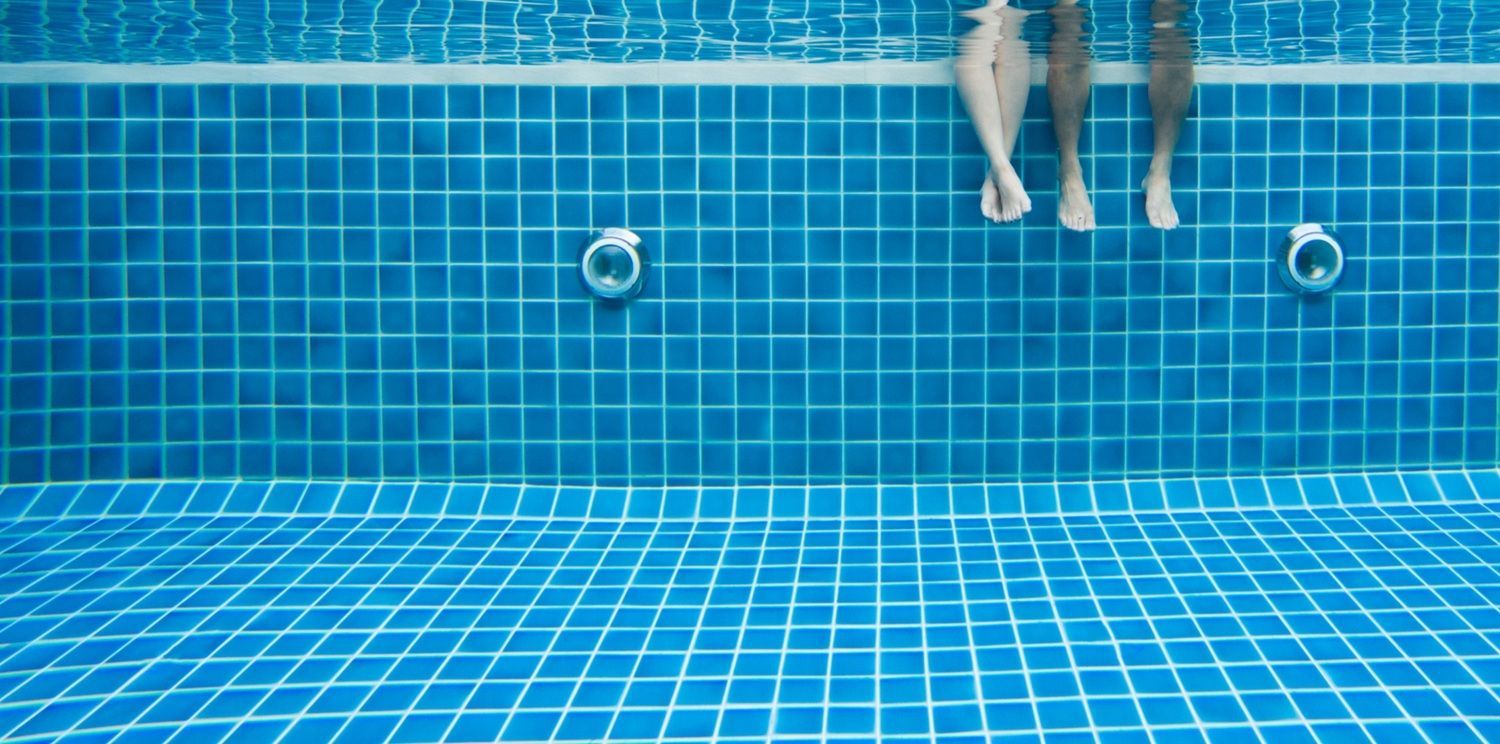Pool Tile Cleaning and Maintenance Tips: How to Protect Your Pool
Routine pool tile cleaning helps to protect the look of your pool. Learn about proper maintenance tips in this brief overview.

You recently installed a sparkling white pool. Not only is it a great deal of fun but it's also appealing to the eye. Well, for now, that is.
See, if you don't maintain your pool, it won't keep its shining and glowing appearance. This is particularly true when it comes to its tiles. As such, pool tile cleaning and maintenance is of utmost importance.
What you might be wondering though is what pool tile cleaning entails. We have all the information you need. Without further ado, here's how to go about cleaning pool tiles.
Regulate the Water's pH Balance
One of the key aspects to maintaining the appearance of pool tiles is to regulate the pool water's pH balance. If the pH balance is too low, the chlorine levels in the pool will diminish. If these levels diminish, they won't be able to combat algae, meaning that the tiles in the pool will take on a green shade.
If algae isn't removed in a prompt manner, it can stain pool tiles irreparably. This is why it's best to ensure that it doesn't grow in the first place.
The key to regulating a pool's pH balance is to add sodium bicarbonate, sodium carbonate, muriatic acid, or sodium bisulfate.
Check Pool Chemicals on a Regular Basis
Not only do you need to regulate the pool water's pH balance but you also need to check the chemical levels in the pool. These, of course, have a direct influence on pH balance.
Note, though, that an appropriate pH balance alone won't indicate whether there is too much or too little of any one chemical. For example, you could have a suitable pH balance while also having too much chlorine in your water.
This is why you need to test for various chemicals on a regular basis. There are test strips available to serve this very purpose.
Now, what can happen if you don't test for chemicals on a regular basis? In truth, all sorts of things.
As noted above, a lack of chlorine can result in algae growth. On the other hand, too much chlorine can result in calcium buildup. This can, in turn, result in a bleached aesthetic.
Add too much muriatic acid? This can drastically lower your pool's pH balance and thus result in algae growth. Plus, the muriatic acid itself has corrosive properties, and excess amounts of it will eat away at your pool tiles over time.
In truth, every added chemical can have a negative effect on tiles when added in improper amounts. So, you need to be as careful as possible. Learn more about adding chemicals to your pool now.
Clean Your Pool Tiles Regularly
In addition to checking chemical and pH balances, you also need to clean your pool tiles. Failure to do this on a regular basis will result in them becoming discolored, even if you're perfect at testing for chemicals and pH balance.
We recommend cleaning your pool tiles monthly. There are a number of ways to go about this. However, in any case, you should utilize a specialized tile-cleaning agent to facilitate the process.
Some methods for cleaning include power washing, using a soft-bristle brush, and wiping the tiles down with a towel. This should be done monthly.
In addition to this, you should use a pre-cleaner prior to applying a tile sealer. This is a strong cleaning agent that will rid the tiles of the majority of their stains and blemishes. It only needs to be used directly before the tile sealer is applied.
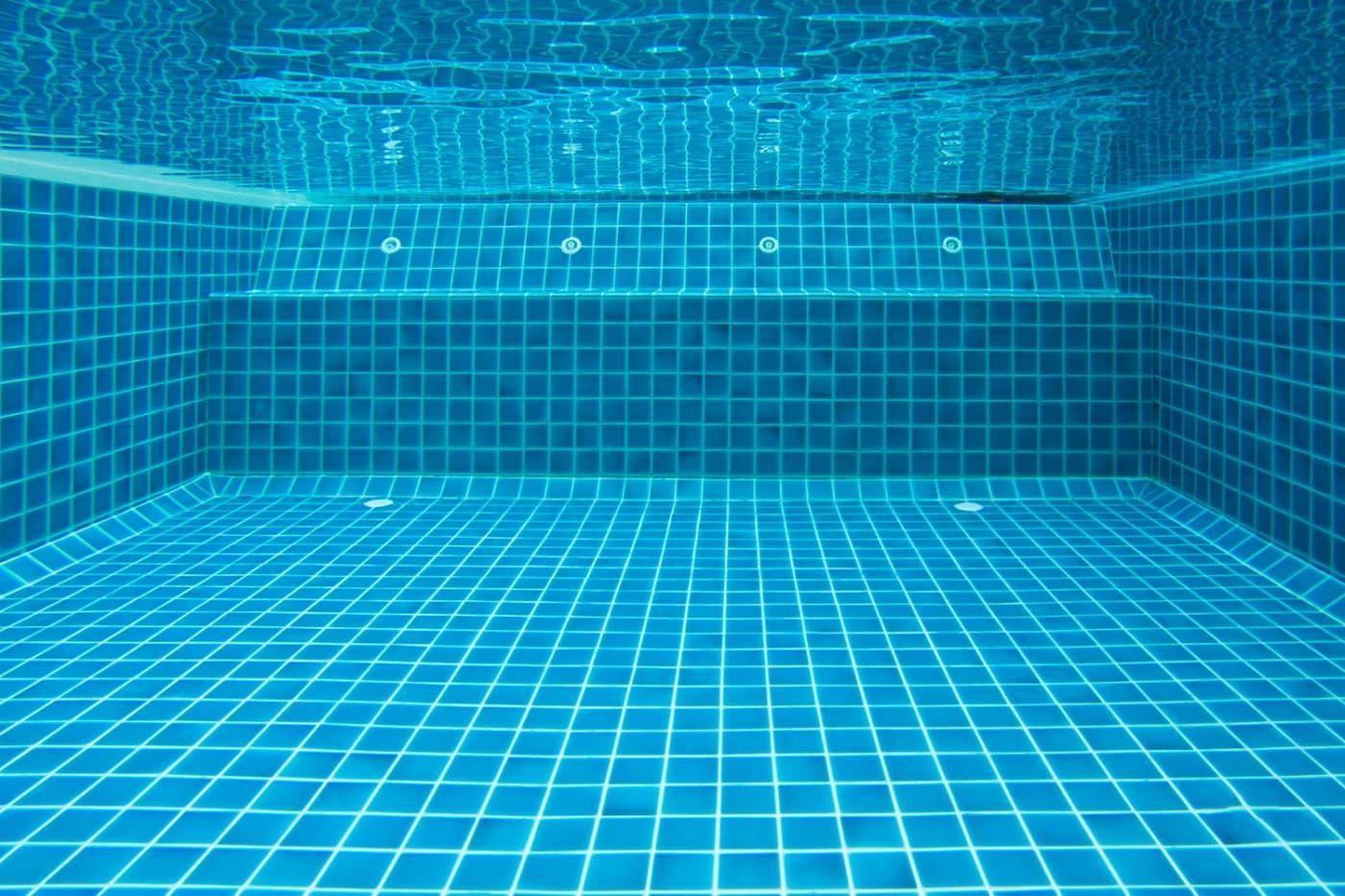
Seal Your Pool Tiles
Not only should you clean your pool tiles but you should also seal them. This is done with a liquid sealer. The sealer essentially provides a protective barrier to the tiles, preventing staining, scratching, and a variety of other cosmetic issues.
In addition, sealer aids the aesthetic of the existing tiles. It not only fills in small cuts and gouges but it also brightens up the color of the pool. It transforms a faded and worn pool into a vibrant and beautiful one.
Whether you have a porcelain pool, glass pool, or ceramic pool, a pool tile sealer will benefit you.
Use a Calcium Blocker
One of the main cosmetic issues that pool tiles have to take on is the issue of calcium buildup. When pool water contains ample amounts of calcium, it sticks to the tiles, resulting in a faded appearance. Over time, calcium buildup can ruin the look of pool tiles entirely.
Fortunately, there's a way to prevent calcium buildup on your pool tiles. You can use a calcium blocker solution. This is a spray solution that's applied directly to the tiles in question.
Once it's dry, it will prevent calcium buildup of all kinds, including efflorescence and hard scale. Not only will this result in an aesthetically pleasing pool but a pool that's easier to clean as well.
Looking to buy a calcium-blocking solution? Check out this one.
Consider Applying a No-slip Solution
All of the above-reviewed tips work to keep your pool tiles clean. However, they can also leave them feeling a little slippery. Of course, a slippery poolside is a danger
Fortunately, there's a way to combat slippery pool tiles. Namely, you can apply a no-slip solution.
This is a wet solution that, once dry, provides additional traction to the pool tile. It works not only on ceramic and porcelain tiles but stone tiles, glass tiles, and more.
Worried that such a solution might negatively affect the look of your tiles? Worry not. It offers the same aesthetic differences that you'll get with tile sealers and the like.
Looking to Buy Pool Tile Cleaners?
As you can see, there's a great deal involved in protecting pool tiles. Not only must you clean and maintain the tiles themselves but you must also regulate the chemicals in your pool water.
Looking for a pool tile cleaner? If so, you're in the right place. LayorCare Pool & Patio Protection has a variety of pool tile cleaners to choose from.
Check out our selection of pool tile cleaning products now!







